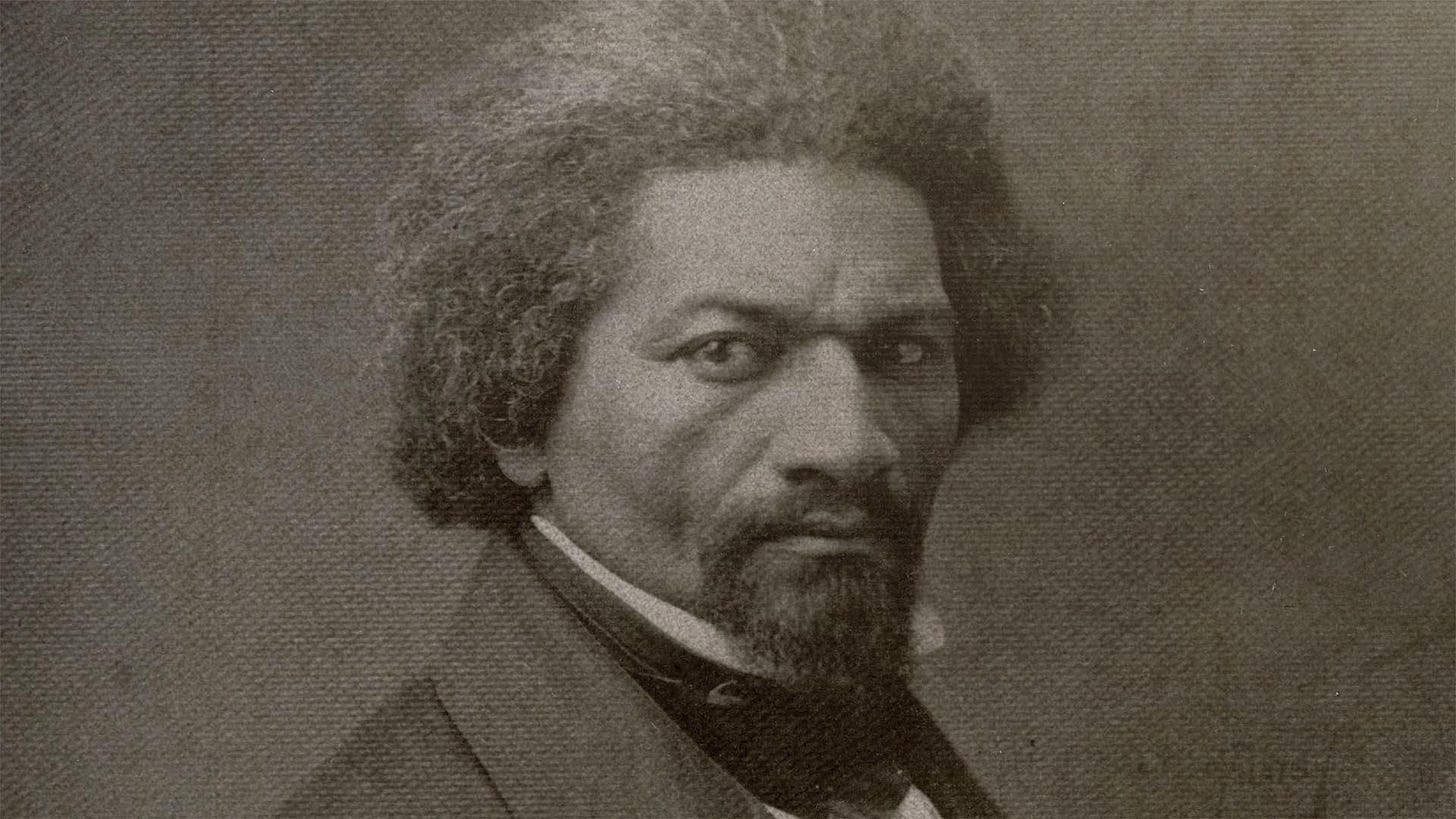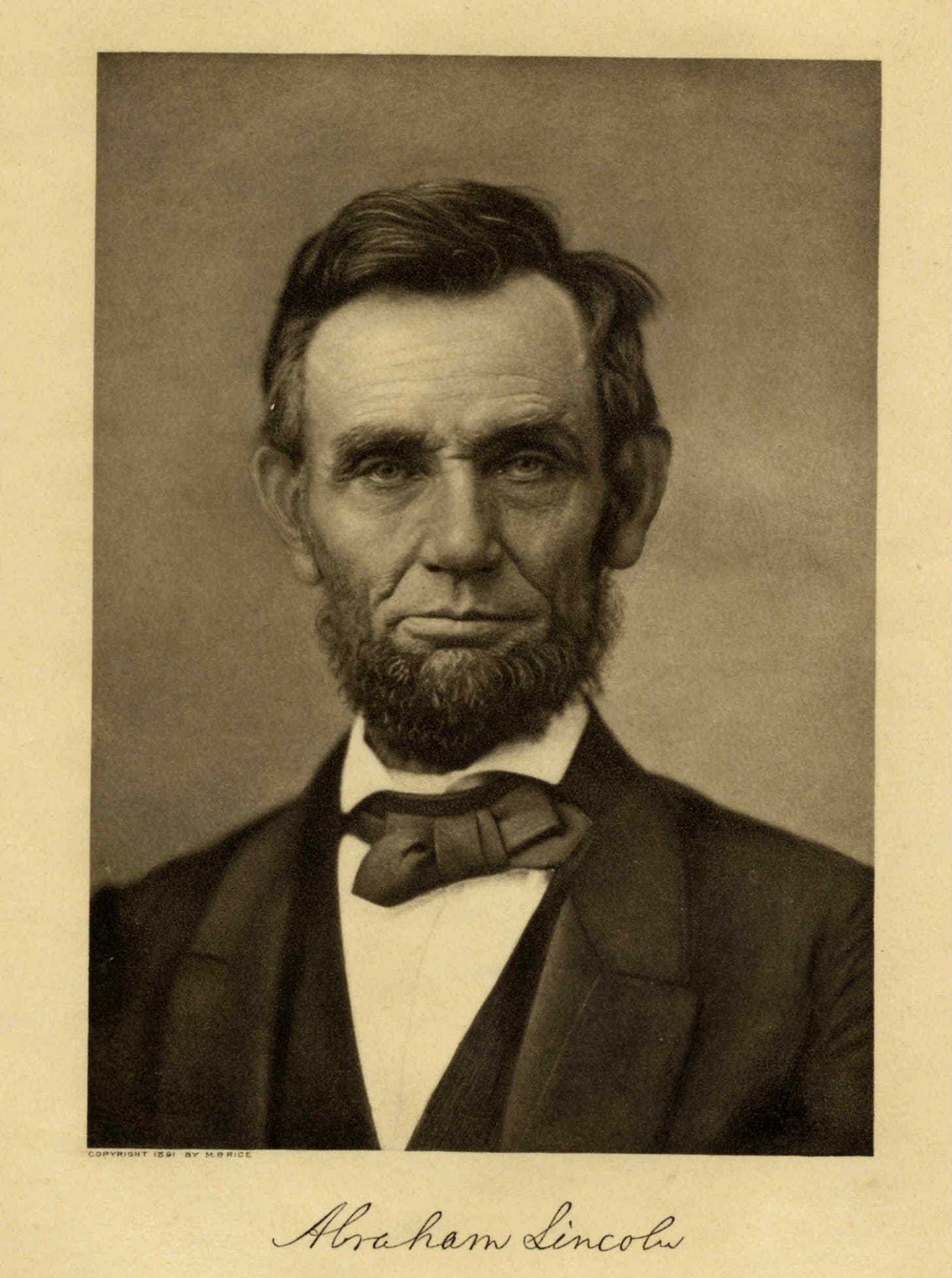Short Stack: Constitutional Oath
Military service members take an oath “to support and defend the Constitution.” This Constitution Day, let us remember that the oath is proper because the Constitution is good.
Note: The essay below was originally commissioned by Veterans Life magazine and published in the September/October 2024 issue. Please support the important and good work they do.
In every branch of the United States military, officers and enlisted service members take an oath “to support and defend the Constitution.” This oath is weighty. It has cost many service men and women what Lincoln called at Gettysburg “the last full measure of devotion”—a sacrifice he, too, made.
Is the Constitution worthy of an oath many military service members have taken to the grave? Yes, it is.
Glorious Liberty Document
One of the most thoughtful minds to study the Constitution was also one of the most unusual, the slave-turned-abolitionist Frederick Douglass. He carefully examined the literature from the American Founding, including records of the 1787 Constitutional Convention, state ratifying conventions, and The Federalist Papers.
As a former slave, Douglass paid special attention to the original compromises regarding slavery. He concluded that the Constitution is a “GLORIOUS LIBERTY DOCUMENT,” a phrase he emphasized by writing in all uppercase letters.

Within the Constitution, Douglass explained, “there is neither warrant, license, nor sanction of the hateful thing.” “Read its Preamble,” he urged citizens, “consider its purposes. Is slavery among them? Is it at the gateway? In the temple? It is neither.”
Douglass was right. The Constitution provided for a political Union based on the beautiful and just principles of the Declaration of Independence, a Union in which slavery had to go, sooner or later. And it did go, sooner rather than later.
Apple of Gold in a Picture of Silver
The United States was the first nation founded upon an idea—the idea “that all men are created equal” and are “endowed by their Creator with certain unalienable rights” including “life, liberty and the pursuit of happiness.”
The idea is beautiful and perfect, the foundation of justice and moral right. The question for the American Founders was: How do we operationalize that idea? How do we create a framework for political action that empowers Americans to form a real government upon that idea and enact real laws that provide equal protection for the equal rights of every citizen, all while governing themselves?
Their answer: The Constitution.
The Constitution’s wise design—separating national power among three independent branches, each with checks on the others; reserving greater powers to states, municipalities, and individuals; and directing all government power toward protecting the God-given rights of citizens in pursuit of a “more perfect Union”—is why the Constitution remains relevant, important, and good.
Abraham Lincoln once described the relationship between the principles of the Declaration of Independence and the Constitution by borrowing a metaphor from Proverbs:
The assertion of that principle [all men are created equal] was the word fitly spoken, which has proved an “apple of gold” to us. The Constitution is the picture of silver, subsequently framed around it. The picture was made not to conceal or destroy the apple, but to adorn and preserve it. The picture was made for the apple—not the apple for the picture.
The purpose of the military oath is to support and defend the Constitution. The purpose of the Constitution, according to Lincoln, is to adorn and preserve the principles of the Declaration of Independence, foremost the self-evident truth of natural human equality in the form of equal natural rights.
When U.S. military members honor their oath and defend the Constitution, they protect and preserve the fundamental ideas upon which our nation was founded.
So Let Us Act
Lincoln added an action item to his poetic metaphor:
So let us act, that neither picture nor apple shall ever be blurred, or bruised, or broken. That we may so act, we must study and understand the points of danger.
The greatest danger to our Constitution today comes not from any foreign army. It comes from ourselves. We stand on the brink, as a nation, of forgetting what our Constitution means, why it matters, and the good principles upon which it was based. Should our nation sink into an unconstitutional tyranny, we ourselves will be the authors of that tyranny.
That is why “we must study,” as Lincoln rightfully encouraged. More Americans should understand the American Founding and the Founders’ Constitution, which concludes in Article VII with a date: The seventeenth day of September in the year of our Lord one thousand seven hundred and eighty seven.
That’s why September 17th is Constitution Day.
There are a few events on or near Constitution Day, across the United States, that encourage citizens to remember why the Constitution is worth supporting and defending. It’d be better if there were many.
Our veterans, all of whom took a solemn oath to the Constitution and many of whom made great sacrifices to honor it, can be excellent teachers of the Constitution. For veterans, the Constitution is not some abstraction—it’s not a “Darwinian evolutionary document,” it’s not “stained,” it’s not “the rich pulling wool over the eyes of the poor,” as progressive critics of the Constitution insist—because the oath vets take is real, as are their sacrifices.
Veterans are uniquely situated, with unmatched credibility and a form of military civic education others never receive, to inspire fellow citizens—especially young Americans—to know and respect the Constitution. It is a fitting way veterans can continue to uphold their oath to what British Prime Minister William Gladstone described as “the most wonderful work ever struck off at a given time by the brain and purpose of man”—the United States Constitution.






